Lindsey Streeter
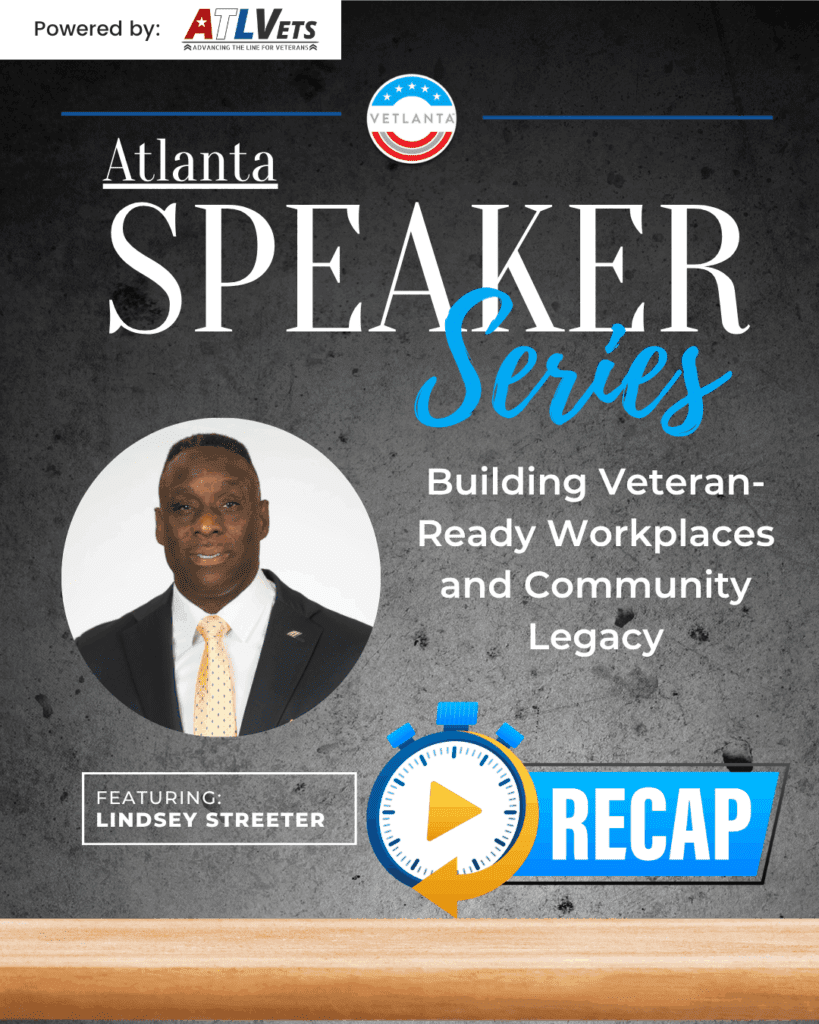
Blog: “Purpose Over Position: Lindsey Streeter on Building Veteran-Ready Workplaces and Community Legacy”
By ATLVets
When a room full of veterans and supporters gets quiet, it’s usually because someone said something that hits the bone. For Bank of America’s Lindsey Streeter—retired U.S. Army Command Sergeant Major (31 years), community builder, and unapologetic purpose-first leader—that moment came early:
“There are two dates on the tombstone. I’m dealing with the dash.”
That “dash” has taken Lindsey from Southeast D.C. to Desert Storm, from facing down transition fears to helping one of the largest banks in the world become more veteran-ready—not just veteran-friendly. Along the way he’s launched a pro basketball franchise, poured into youth programs across Savannah, and even stepped into thoroughbred ownership. The through-line? Impact you can measure, legacy you can feel.
A night for impact—and an ATL Vets milestone
We hosted Lindsey at our monthly ATLVets gathering, which now runs in 12 cities nationwide. Before we dove in, we shared an update we’ve been itching to say out loud: ATLVets is opening a 30,000-sq-ft Veterans Center of Excellence in Roswell—co-working, offices, conference space, a defense-tech-leaning business accelerator, and a human performance center (gym/fitness). A home base to collaborate, host leaders like Lindsey, and accelerate veteran outcomes far beyond a single evening.
From the projects to the Pentagon’s shortlist
Lindsey’s origin story is straight grit. He grew up in a low-income D.C. neighborhood, the first in his family to finish college and grad school, and spent 17 of 31 Army years inside Army Recruiting Command—where he learned how communities and employers actually work. Mentors kept showing up; opportunities kept compounding. Later, sitting on the E-9 promotion board and seeing the objective criteria, he realized just how precisely his path had been shaped. Humbling—and galvanizing.
His favorite stop? Savannah, 1989—Hunter Army Airfield, Desert Shield/Storm deployments, and a city he still calls home.
The scariest part wasn’t basic—it was transition
Despite combat deployments and command tours, he says leaving uniform was the most frightening chapter. Then came the “divine timing” phone call from a former teammate at Bank of America. Lindsey entered a veteran rotational program and helped conduct a hard look at attrition—why some vets stayed and others didn’t. That analysis turned into an unexpected interview… and eventually into his current role leading Military Affairs.
Veteran-ready beats veteran-friendly
Lindsey drew a sharp line between intent and infrastructure. Here’s what veteran-ready looks like in practice (as he described from the inside):
- Right-fit recruiting, not mass hiring. The team did a five-year look-back on veteran hires to find who stayed and thrived, then built precision recruiting nets around those profiles (skill, location, role family).
- A 90-day buddy system. New veteran hires who self-identify can opt into a Veteran Onboarding Initiative that pairs them with a tenured vet for the first 90 days—safe questions, faster assimilation, fewer unforced errors.
- A real ERG with real scale. The Military Support & Assistance Group numbers in the tens of thousands internally, powering mentoring, onboarding, service projects, and belonging.
- Growth on rails. The Veteran Development Program (two cohorts per year, ~5 months) expands cross-bank exposure, senior-leader access, and a capstone that proves real depth. Alumni outperform peers on retention and internal mobility.
- Guard/Reserve support. Paid military leave up to 179 days, with make-whole pay beyond that—because service shouldn’t cost you your career.
- Life Event Services. A human being answers when military families hit a crisis—triaging company programs and trusted nonprofit partners to solve fast.
- Community capital, the smart way. For veteran startups not yet bank-ready, referrals route through CDFIs (Community Development Financial Institutions) BofA funds at low cost; founders grow there, then come back bank-ready.
- Ecosystem partners. Support for groups like Bunker Labs and IVMF/Syracuse to deliver incubation, pitch days, and practical founder tools—so the bank stays a bank and the experts do the training.
- Financial literacy at scale. Public, plain-English content (e.g., Better Money Habits, built with Khan Academy) that military families can actually use.
The punchline: veteran-ready cultures blend precision hiring, structured belonging, visible mobility, and family-aware policies. Friendly is a welcome mat; ready is a furnished living room and a closed back door.
Entrepreneurship as purpose—and proof
Lindsey founded the Savannah Hurricanes, now in their fourth season, and leverages pro athletes for youth mentorship, school pep rallies before testing, holiday bed drives, and more. That community work earned him a Presidential Lifetime Achievement Award and an honorary doctorate. Recently, he expanded into Streeter Esports & Entertainment and purchased a thoroughbred with a serious bloodline. Why? Legacy—for his kids and for the neighborhood he came from.
He also surfaced a stat we see daily: roughly 20% of transitioning service members jump into entrepreneurship each year. The two biggest hurdles: network and capital—plus understanding what “bank-ready” actually means. That’s where CDFIs, incubators, and credible pitch platforms matter.
What employers asked—and what he answered
How do we become veteran-ready?
Design for assimilation, not nostalgia. Translate MOS to role families. Empower a dedicated veteran recruiter who can see what isn’t on the résumé and has trust with hiring managers. Reward coachability and humility over credential inflation. Support spouses with portability. Celebrate service without sidelining the 99% of teammates who didn’t serve.
What keeps vets here?
A clear path to progress (even if they don’t take it), a sense of purpose (service projects count), and a culture that understands Guard/Reserve realities without penalty.
Where can civilians help?
Offer financial literacy and after-the-sale education—especially around VA loans, property tax exemptions, and major household purchases. Veterans often had those systems handled for them on base; civilian life can feel like starting over.
Why this matters to us
ATLVets exists to answer the “Now what?” after the TAP class and the résumé workshop. Our VetOPS workforce track focuses on retention and translation; our entrepreneur track accelerates founders beyond incubation; and the Roswell Center of Excellence will be the place we connect all of it—employers, founders, capital, and community.
Takeaways to bring back to your org this week
- Swap the “wide net” for profiled, right-fit recruiting.
- Stand up a 90-day veteran buddy program—opt-in, safe questions, fast wins.
- Fund one service-anchored purpose outlet (Team Rubicon, TRWB, etc.) on company time.
- Name a Life Events point of contact and publish it.
- Map Guard/Reserve leave and pay-gap coverage; make it explicit.
- For startups, partner with a CDFI and a credible incubator; stop trying to be both.
Want to plug in?
- Join an upcoming ATLVets event (12 cities and growing).
- Ask about the Roswell Center of Excellence and accelerator slots.
- Corporate leaders: let’s audit your veteran-ready practices and fix the back door, together.
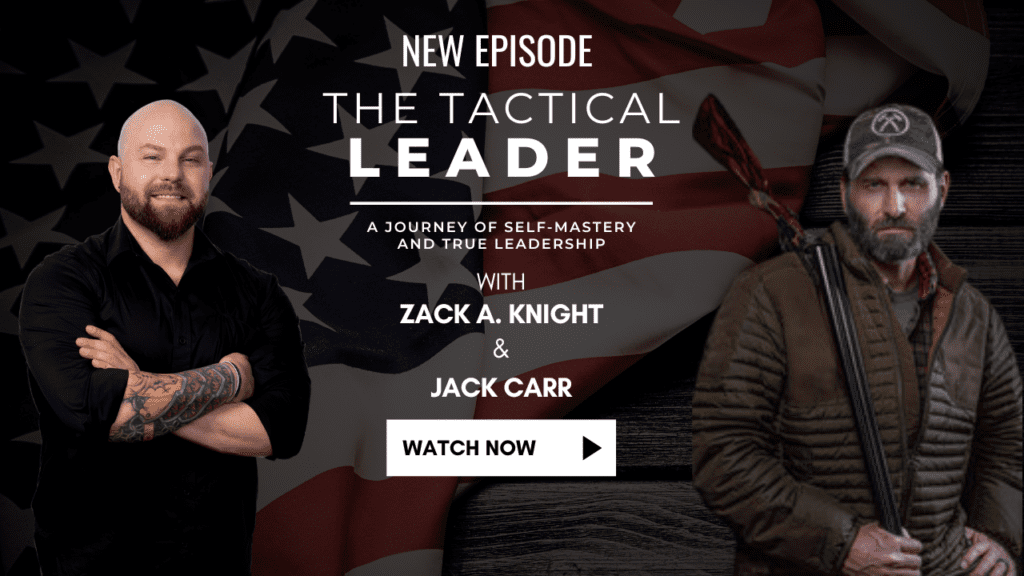
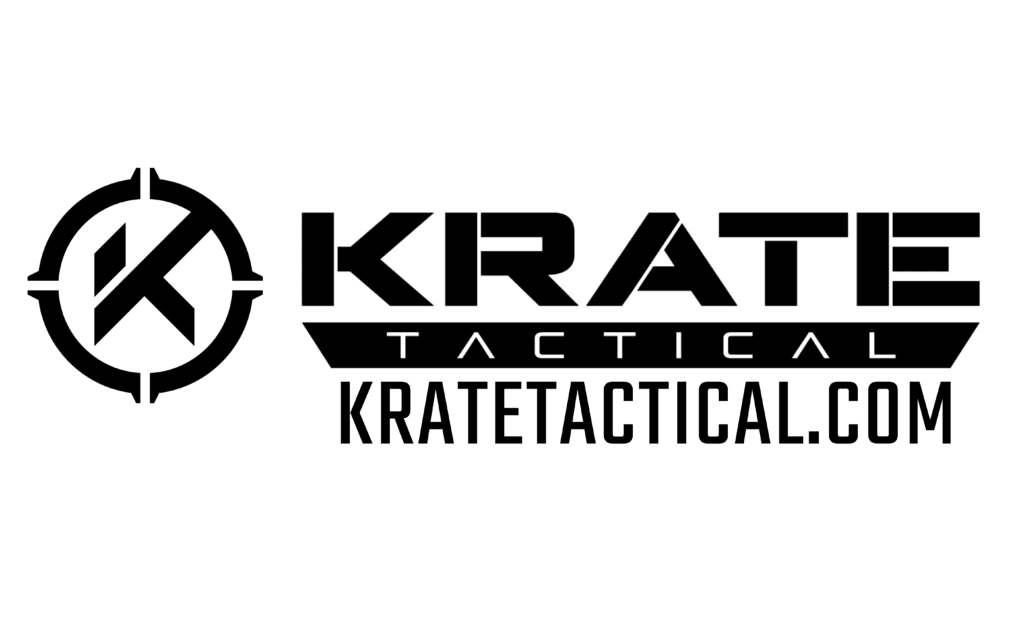
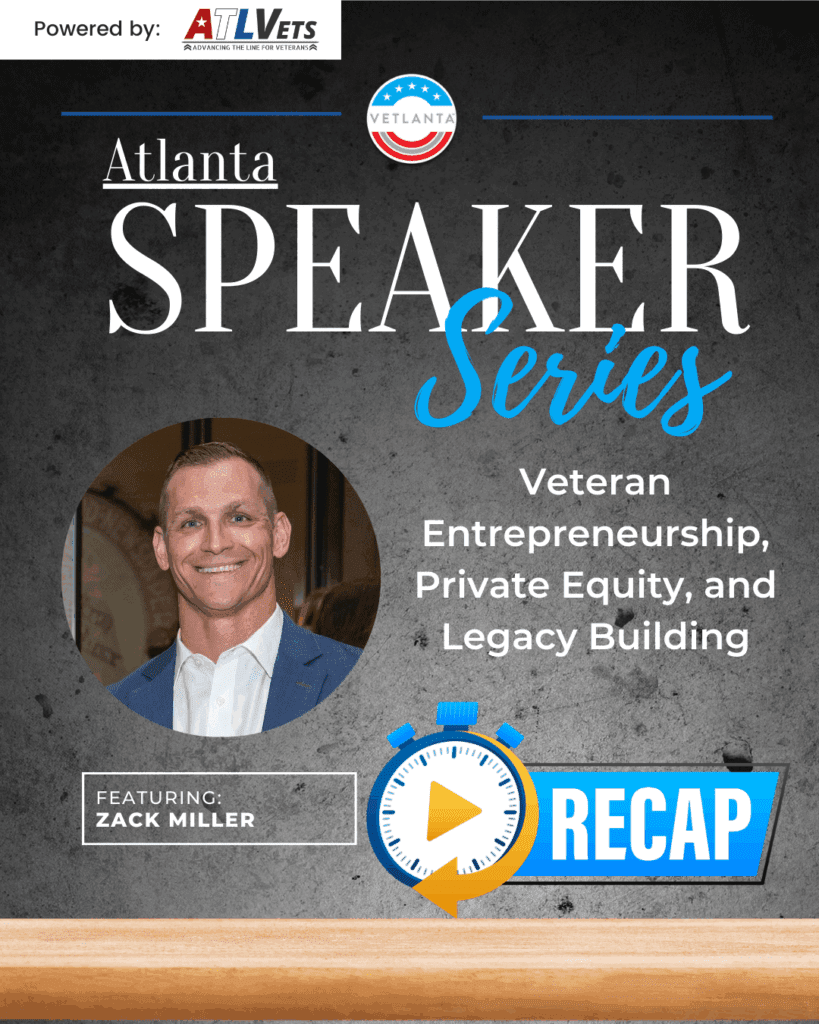
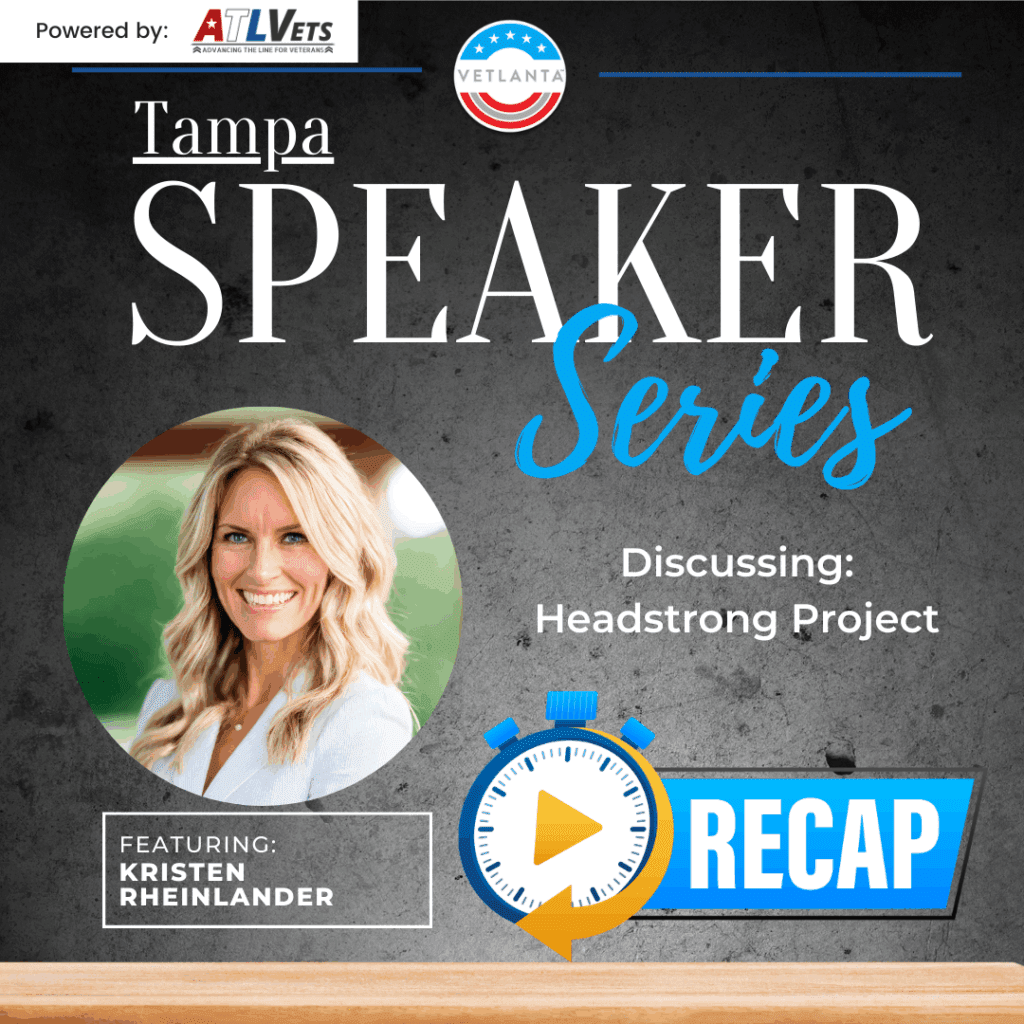


Responses